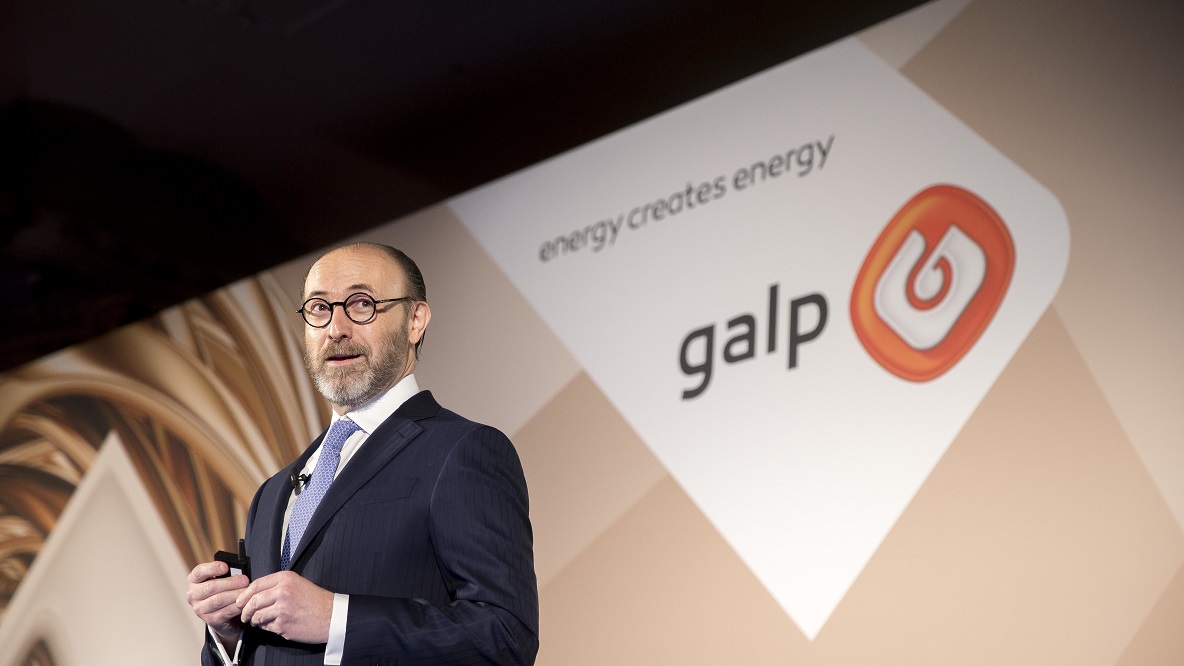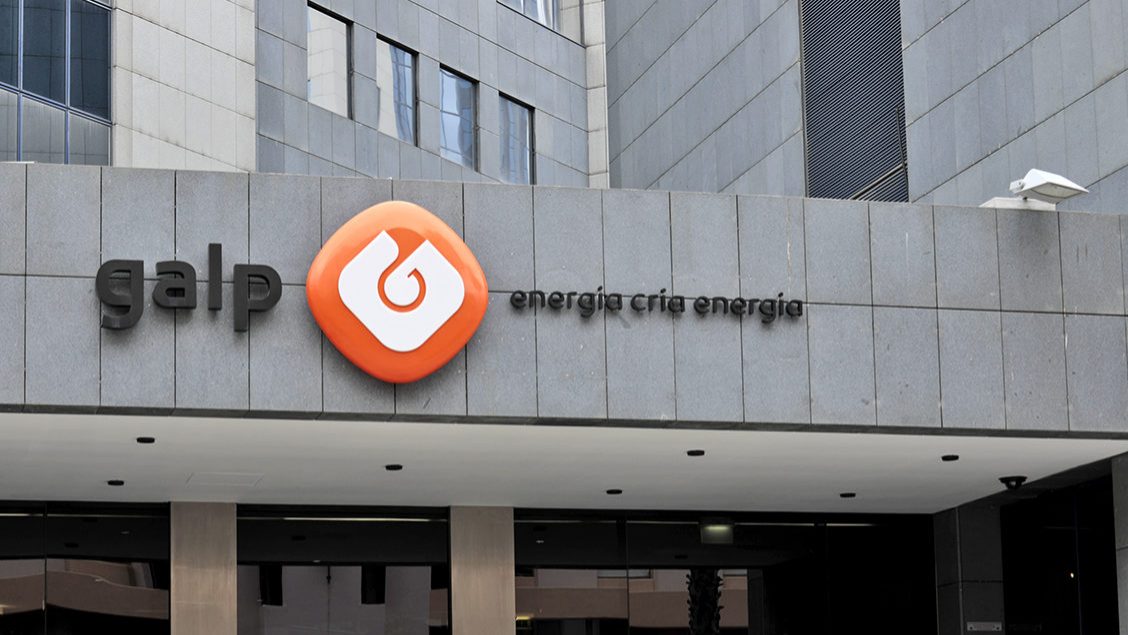Galp doesn’t want discounts on transmission tariffs for Spanish LNG terminals
At the moment, the LNG terminal in the port of Sines has costs 44% lower than Spanish ports. Madrid can reduce this advantage to only 16% with new transmission tariffs.
It is not only the Energy Services Regulatory Authority (ERSE) that is against the possibility of Spain proposing a maximum discount of 13.9% on transmission tariffs for Spanish LNG terminals. Galp was also heard in the public consultation carried out by the Spanish regulator on this issue, which divides the two countries, and came out against different tariffs within the same Iberian area, which could jeopardise competition and the functioning of the Iberian gas market (Mibgas).
Invited by the Spanish Comisión Nacional de Mercado de Concorrencia (CNMC) to give its opinion, “Galp stated in the public consultation issued by the Spanish regulator that the most favourable measures are those that contribute to the free functioning of the market under equivalent conditions of competition,” a source confirmed to ECO.
In the meantime, ERSE has already communicated its unfavourable view to António Costa’s government and to ACER – Agency for the Cooperation of Energy Regulators. Contacted by ECO, the Ministry of Environment and Climate Action refused to comment on the issue, leaving open whether it will act (and when) through political or diplomatic means to stop the Madrid plan. Also from ACER it was not possible to get an answer on whether the European Union could ultimately have the last word. The association of European regulators only urged, according to ERSE, Portugal and Spain to work together on setting Iberian transmission tariffs.
If the Spanish government go ahead with the proposal to make discounts on transmission tariffs for Spanish LNG terminals, Portugal could demand explanations from Brussels, since everything originated from the transposition into national laws of the European Union regulation to establish harmonised rules on transmission tariff structures for gas, with the goal of creating a single market.
In the report prepared by ERSE, advanced by the Jornal de Negócios, to integrate the public consultation held in Spain, and published on its website, the energy regulator concludes that “according to CNMC’s Impact Assessment the discount applied to entry points from LNG facilities is apparently not being used to invert a competitive disadvantage into a competitive advantage of the Spanish LNG terminals,” the truth is that the same document shows that the Spanish regulator’s proposal will reduce the current competitive advantage of Sines. With costs 44% lower than the neighbouring country, the deep-water port on Portuguese territory would see its competitive advantage reduced to only 16%.
The six Spanish ports in question, which would see their competitive advantage significantly increase vis-à-vis the port of Sines, are Barcelona, Cartagena (Murcia) and Sagunto (Valencia) in the Mediterranean Sea; Huelva, Bilbao (Basque Country) and Mugardos (Galicia) in the Atlantic.
“ERSE considers that the adoption of discounts applied to entry points from LNG facilities jeopardize the level playing field among Iberian LNG plants, modifying the current gas flows on the Iberian infrastructures. the significant tariff differentiation introduced with the proposed reference price methodology will have strong detrimental effects for the Portuguese gas market and for the development of MIBGAS. ERSE recommends against a discount to entry points from LNG facilities above the level indicated in the consultation,” can be read in the document.


